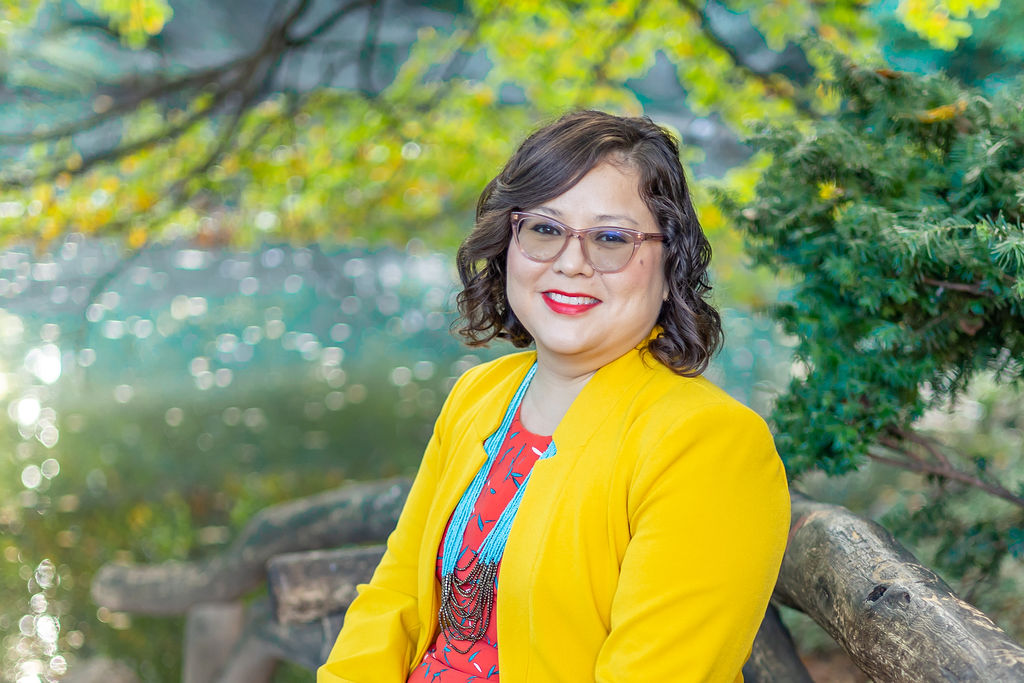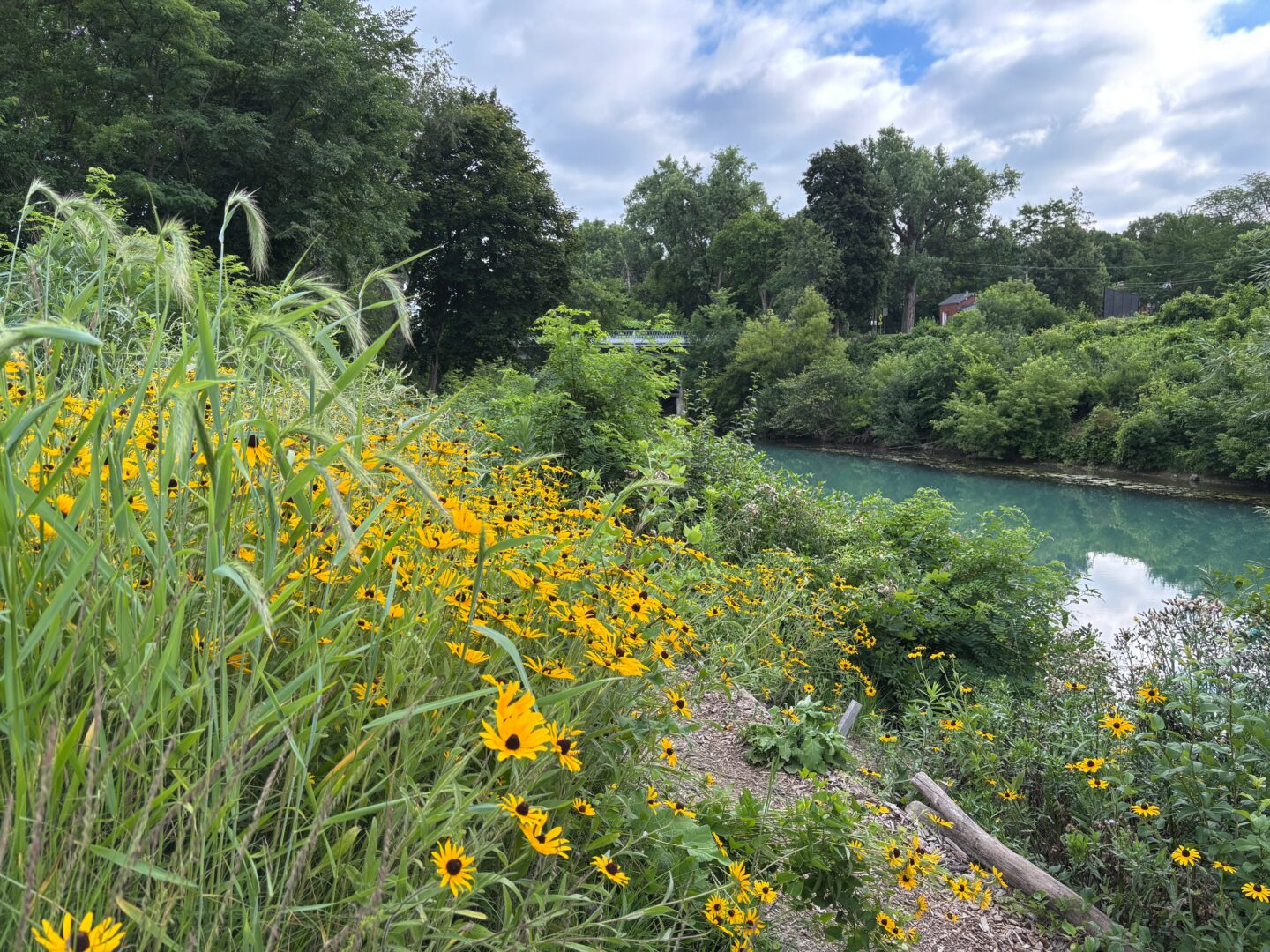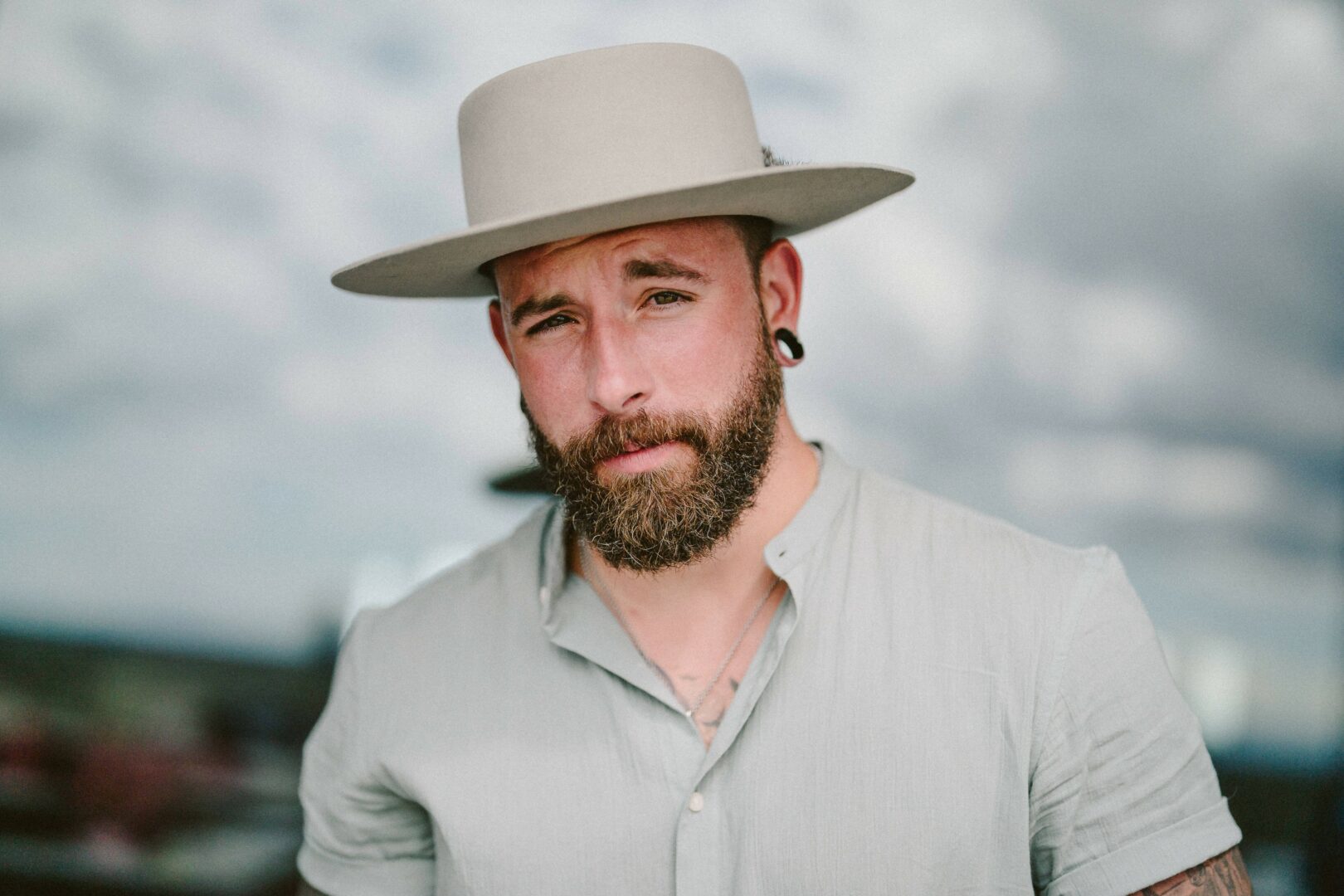We were lucky to catch up with Gabriela Alvarado Pasko recently and have shared our conversation below.
Hi Gabriela , so excited to talk about all sorts of important topics with you today. The first one we want to jump into is about being the only one in the room – for some that’s being the only person of color or the only non-native English speaker or the only non-MBA, etc Can you talk to us about how you have managed to be successful even when you were the only one in the room that looked like you?
Being the only one in the room has been a constant theme in my life. Growing up with a single parent in a low-income household, I attended private school on a scholarship, often feeling like the odd one out. That experience shaped me. I developed resilience and learned to adapt, fueled by my undiagnosed ADHD, which allowed me to hyperfocus on my goals. My mindset became simple yet determined: I was going to be the best at whatever I set my mind to, no matter the odds.
When I moved to the U.S., I found myself in similar situations—often the only woman of color in music administration, the only immigrant woman teaching in predominantly white and male-dominated spaces, and the only person navigating a complex disability in the world of classical music. These experiences were isolating, but they also strengthened my resolve. My culture and upbringing taught me the value of hard work, humility, and prioritizing quality over quantity. Those lessons became my compass, helping me stay grounded and focused even when the environment wasn’t welcoming.
I’ve been fortunate to have incredible role models who inspired me to see beyond my circumstances. They taught me that by doing my part—working hard, staying true to my values, and striving for excellence—I could help pave the way for others. That belief fuels everything I do, and it reminds me that being “the only one in the room” can be a powerful position to create change.
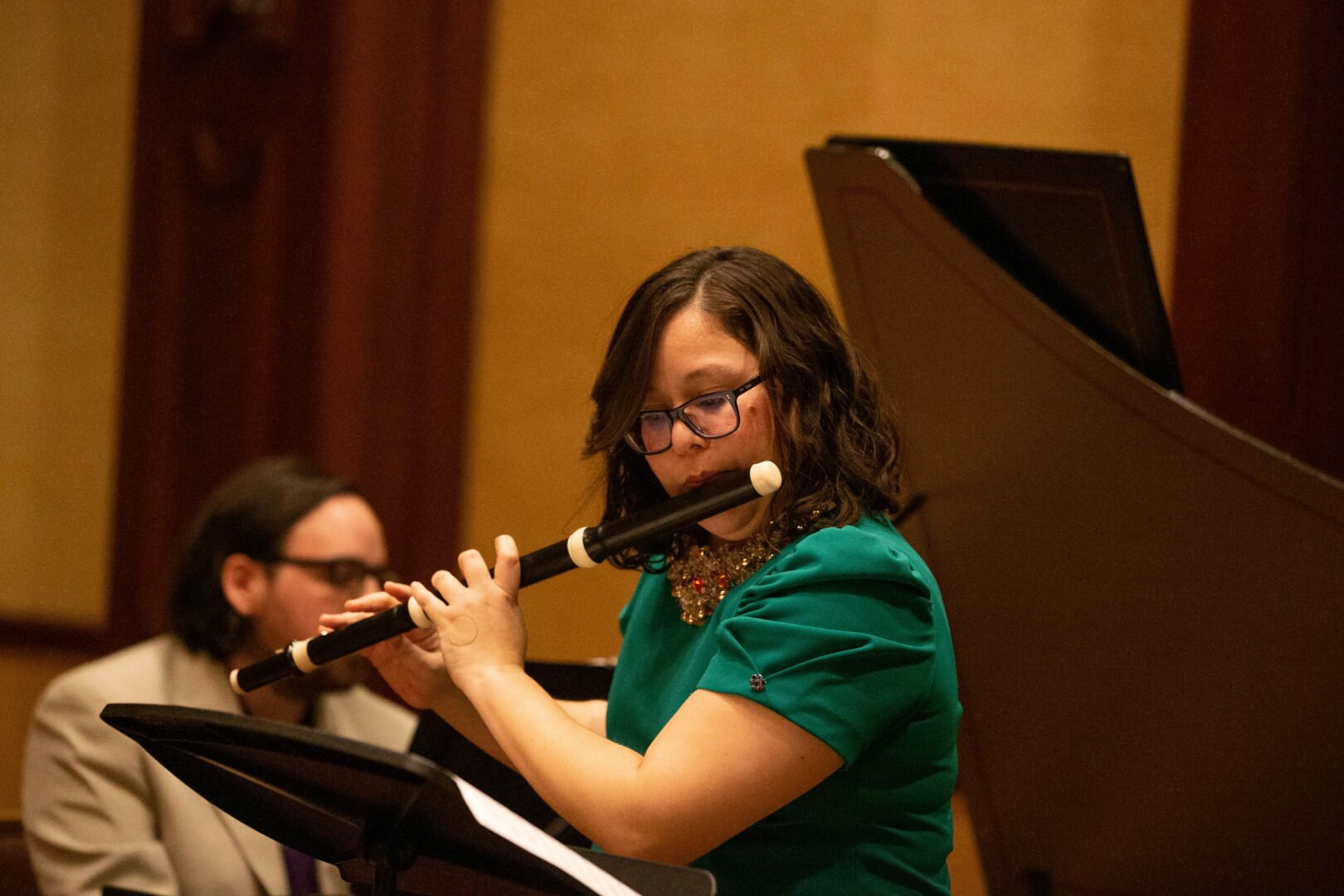
Appreciate the insights and wisdom. Before we dig deeper and ask you about the skills that matter and more, maybe you can tell our readers about yourself?
I have built my career around flute playing, career coaching, disability advocacy, and community building, with a unique emphasis on helping musicians strategically plan their goals for meaningful and sustainable careers. What sets me apart is my ability to merge music, personal development, and career strategy into an inspiring and transformative experience.
With a background in arts administration, I have always been deeply committed to making classical music accessible and relatable. My passion lies in breaking down the traditional barriers between classical musicians and audiences, creating spaces where both can connect on a more personal level.
As a career coach, I guide emerging artists through the complexities of building a fulfilling career that aligns with their artistic vision. I often describe coaching as akin to having “a fairy godparent that helps you figure out where you are, who you are, where you want to be, and how to get there.” My goal is to empower musicians to navigate the challenges of the industry with clarity and confidence.
In addition to coaching, I continue to work in fundraising as a way to advocate for individuals and communities often overlooked by society. This work allows me to champion inclusivity and equity.
Through initiatives like the Women in Music series and the Amaranti Ensemble, I’ve been able to create platforms for collaboration and innovation, where artists can thrive and audiences can experience classical music in fresh, inclusive ways.
My journey hasn’t been without its challenges—navigating the rigid world of classical music while striving to foster inclusivity has taught me the importance of perseverance and adaptability. I view obstacles as opportunities for growth and creativity, which has shaped my work and vision.
At the heart of everything I do is a deep love for music and its ability to bring people together. My hope is to inspire others to break down barriers, follow their passions, and reimagine what’s possible in the arts. Whether coaching, performing, or advocating, I am dedicated to building a world where creativity flourishes and classical music knows no boundaries.
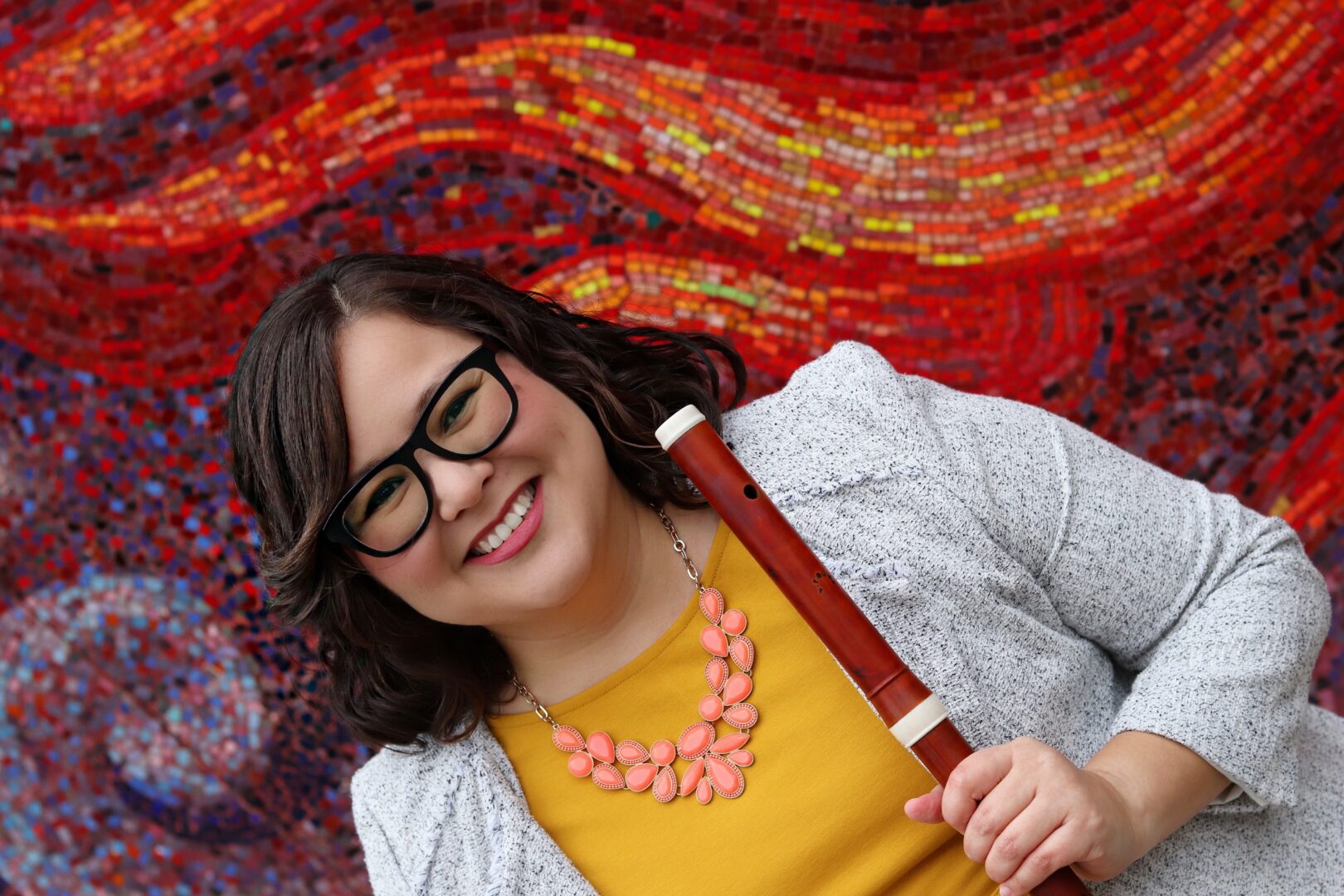
Looking back, what do you think were the three qualities, skills, or areas of knowledge that were most impactful in your journey? What advice do you have for folks who are early in their journey in terms of how they can best develop or improve on these?
Discipline, adaptability, and openness to lead were pivotal in my journey. To those starting out: success takes time. Trust the process, stay consistent, and embrace growth along the way.
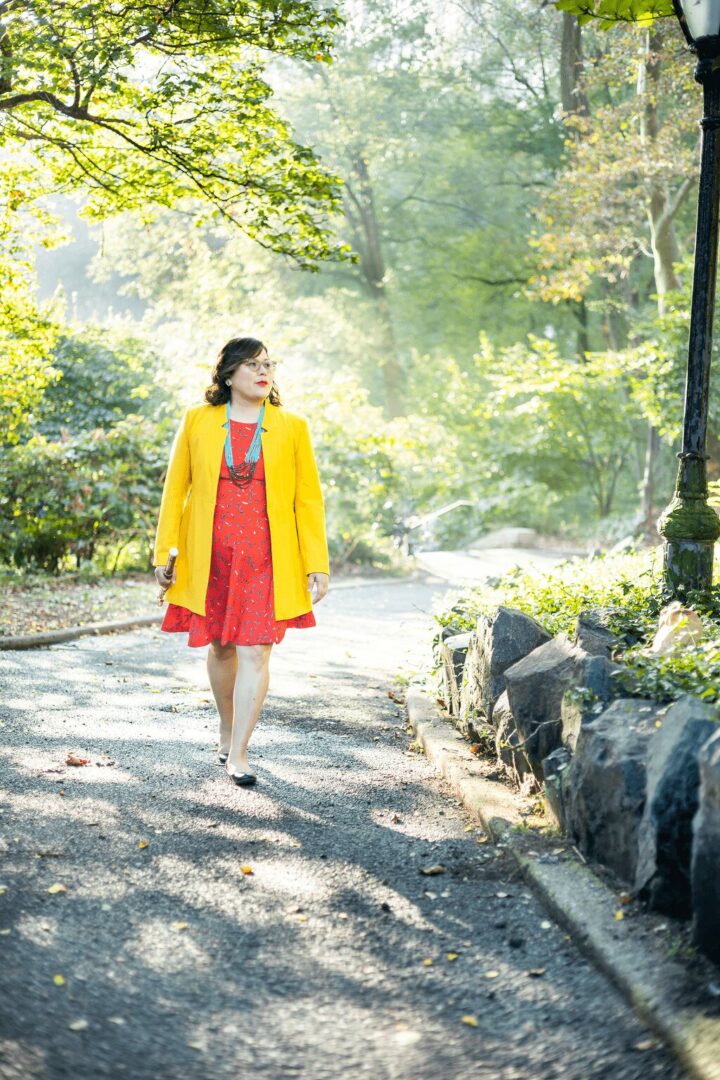
If you knew you only had a decade of life left, how would you spend that decade?
There are many challenges, but these are the ones that stand out most to me:
Balancing time and my health – I’m someone who loves to keep going, but I’ve learned the hard way that pacing myself is essential to avoid flare-ups. It’s a constant dance between ambition and self-care.
Collaborating with understanding partners – I deeply value working with people who understand that my health can sometimes influence how fast or how much I can contribute. Building those kinds of compassionate partnerships is something I’m actively working toward.
Navigating money vs. passion – I’m incredibly passionate about my projects, but turning those passions into reality often requires financial resources. Finding the right support to bring these ideas to fruition is a challenge I’m dedicated to tackling.
Contact Info:
- Instagram: https://www.instagram.com/gabyflute
- Facebook: https://www.facebook.com/gabyalvaradoflute
- Linkedin: www.linkedin.com/in/ gabrielaalvarado1985
- Youtube: https://www.youtube.com/@gabyalvaradopasko
- Other:
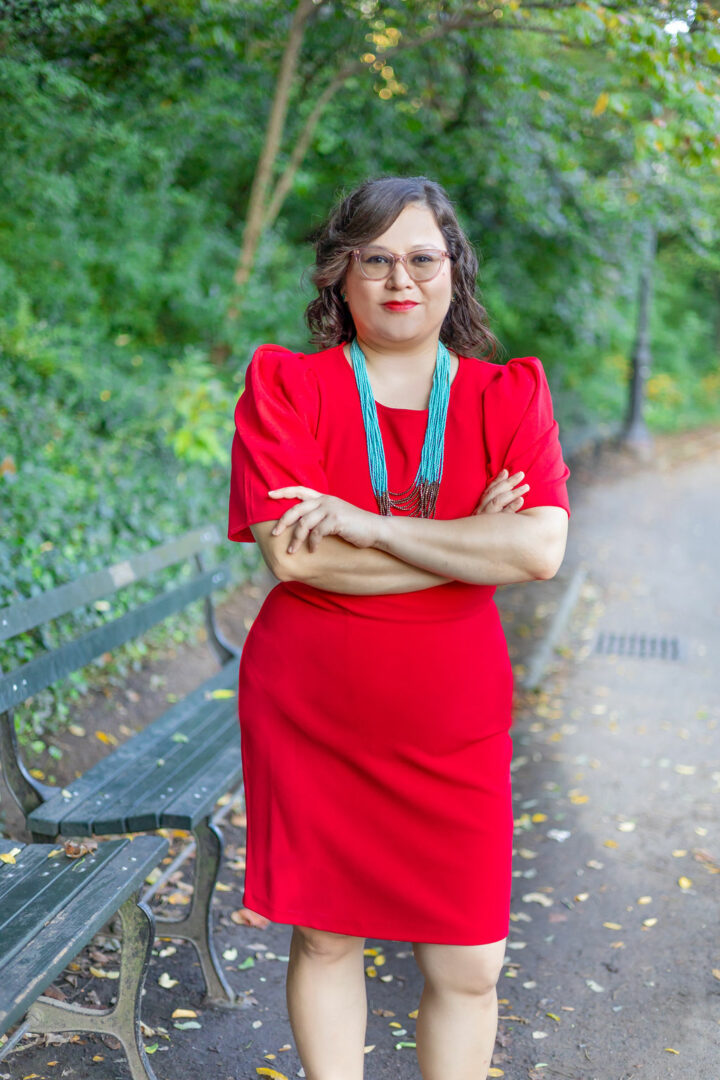
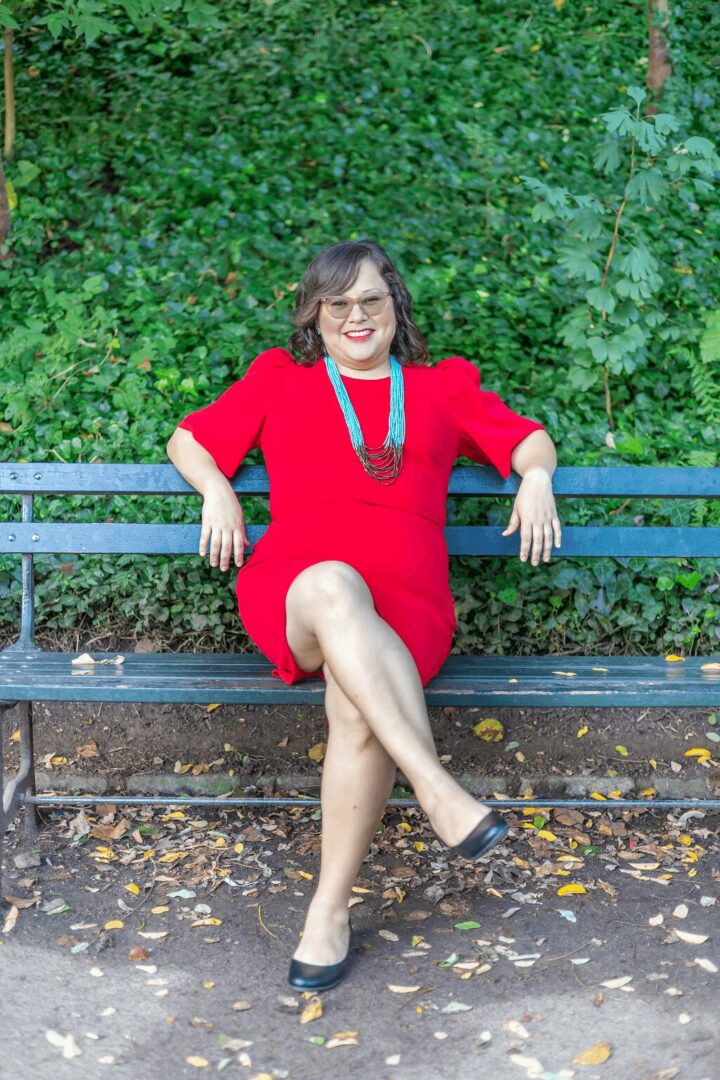
Image Credits
Taylor Rossi Photography
so if you or someone you know deserves recognition please let us know here.

